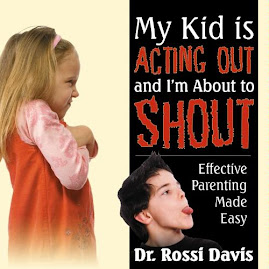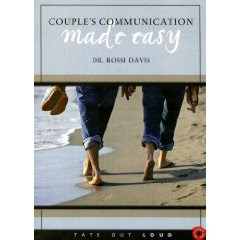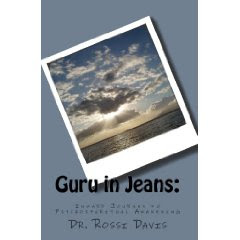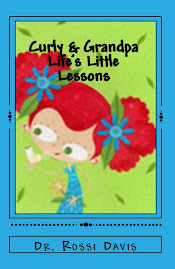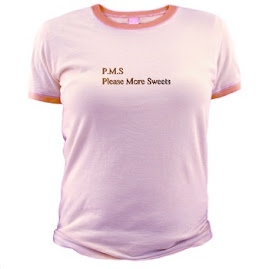
Parents and psychotherapists are both faced with the question of what is the best way to discipline a child most effectively. Parents have many options, from following the familiar discipline style that they themselves endured as children, to choosing from a variety of parenting training models. Psychotherapists on the other hand are faced with the dilemma of how to serve the families they see in therapy and put their own beliefs aside, therefore serving both child and parents objectively.
One issue that often comes into question, especially in the South, is the use of corporal punishment as a discipline method. There are numerous schools throughout Georgia that continue to use the paddle as a way of “putting a youngster in check.” Numerous research findings report that children that undergo corporal punishment may exhibit behavioral acting out, low self esteem, poor socialization, and poor academic performance. Yet parents and school personnel continue to employ such practices as a way to discipline a child.
Children that undergo physical punishment may experience shame, guilt, physical and emotional pain to name a few. Perhaps physical punishment is viewed as an affective discipline tool by many; but is it effective and psychologically safe in the long run? Children learn through examples and modeling. Wouldn’t it be better if adults teach and discipline children through non-violent means? Some parents believe that “a spanking” solves a problem by halting the child’s undesirable behavior. Are children learning internal locus of control because of some therapeutic effect of corporal punishment or are their behaviors driven by fear?
Another dilemma psychotherapist and other mental health professional are faced with involves the parameters of what is culturally acceptable and unacceptable behavior when it comes to disciplining children. With the influx of immigrants from different cultural backgrounds, the helping professionals are left with the task of not only acting as therapists but also as educators. It may be helpful for those working with children and parents to familiarize themselves with the existing body of research regarding the effects of corporal punishment and to advocate for children’s welfare both physical and psychological.



